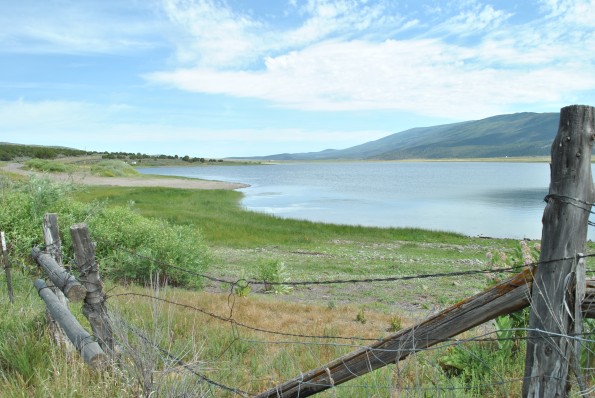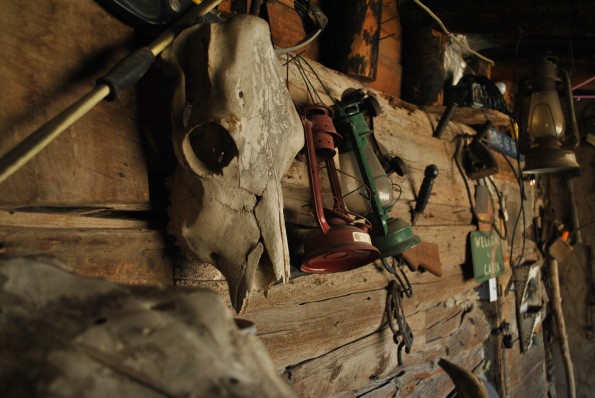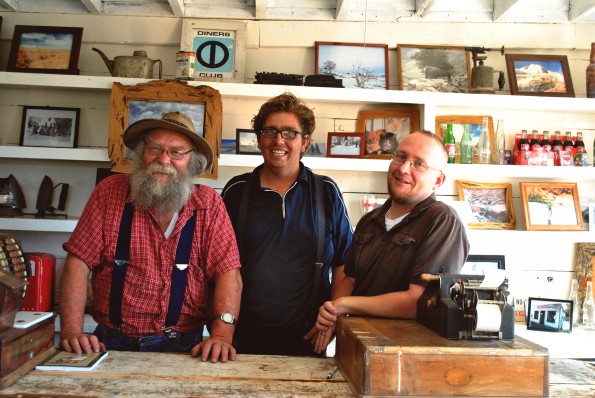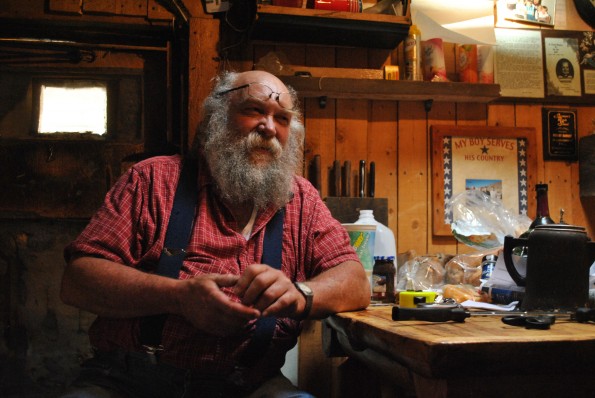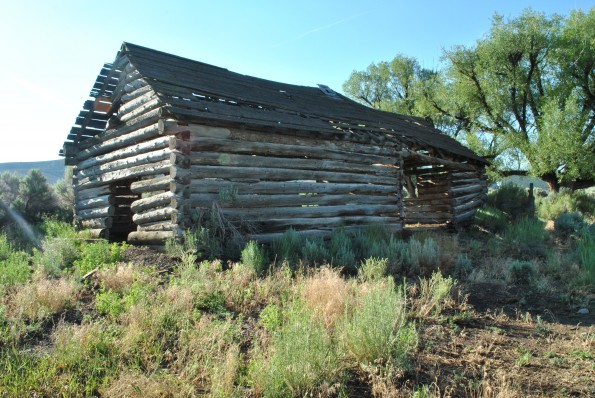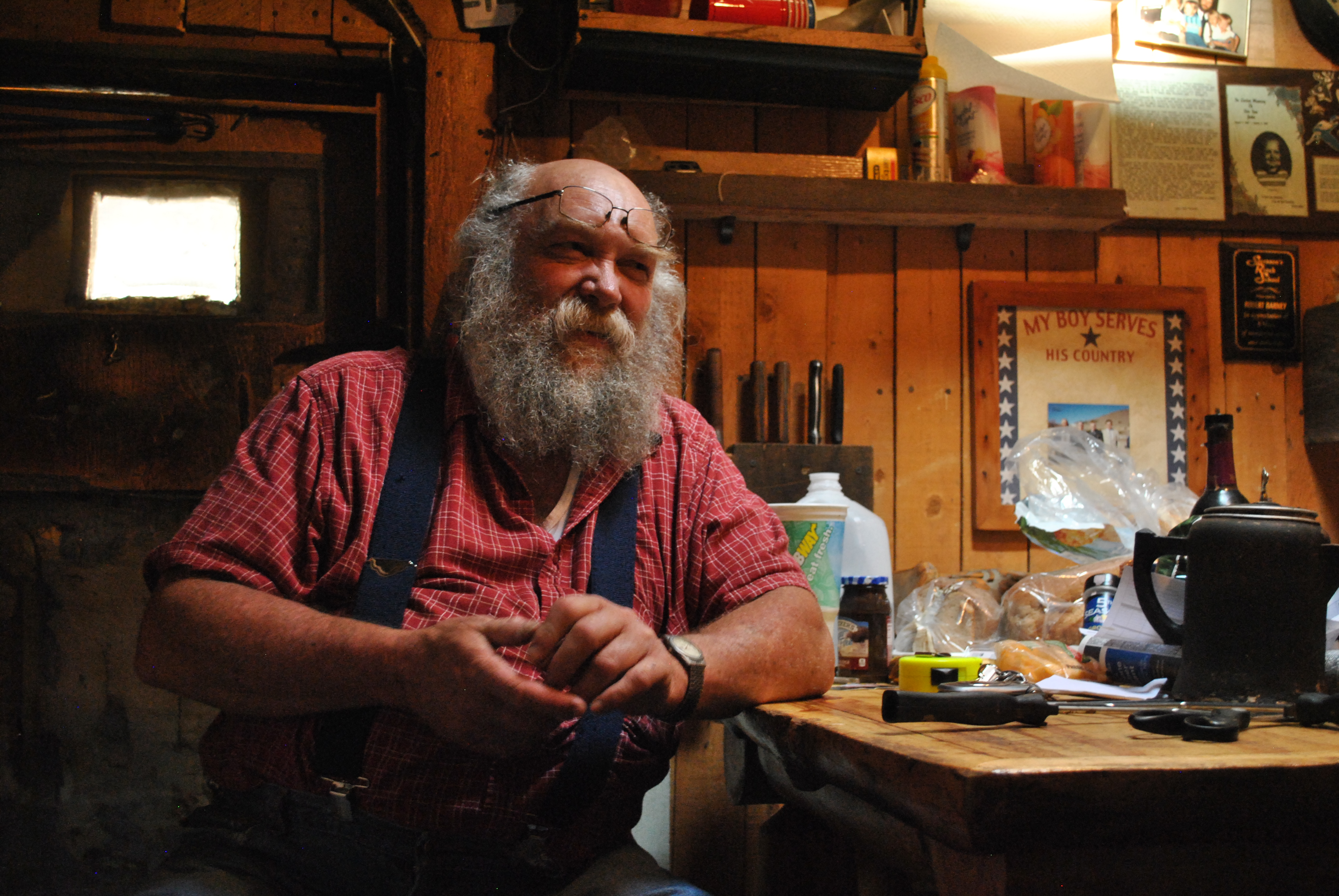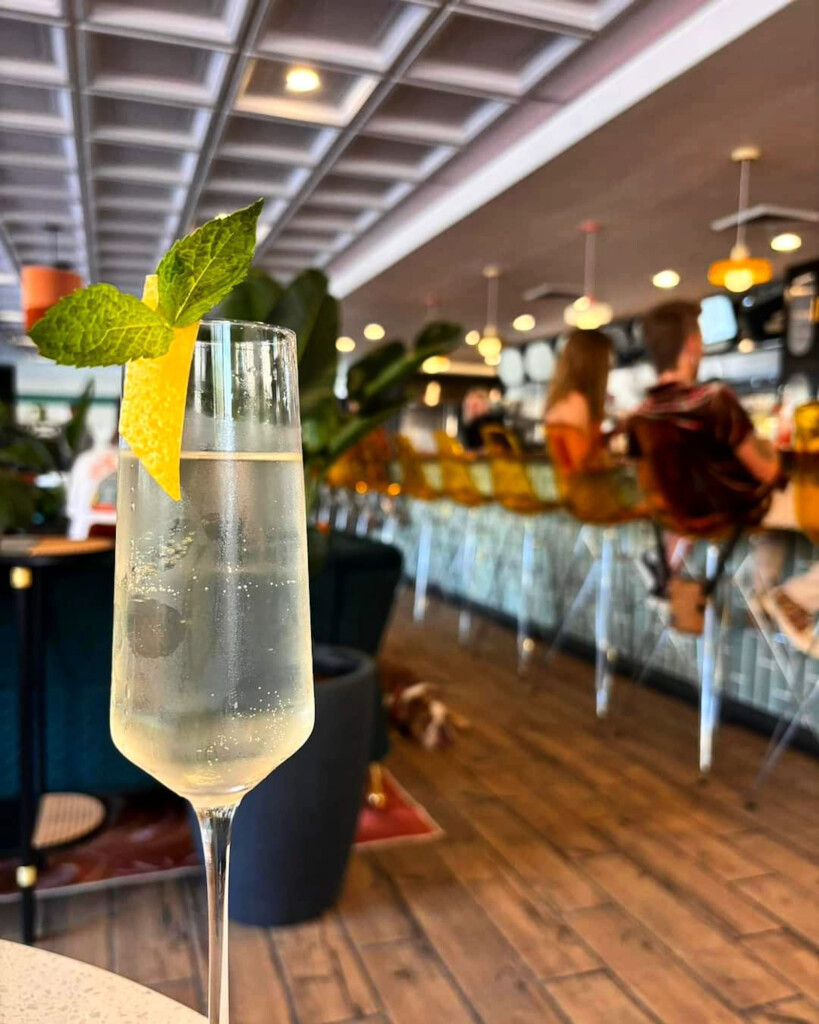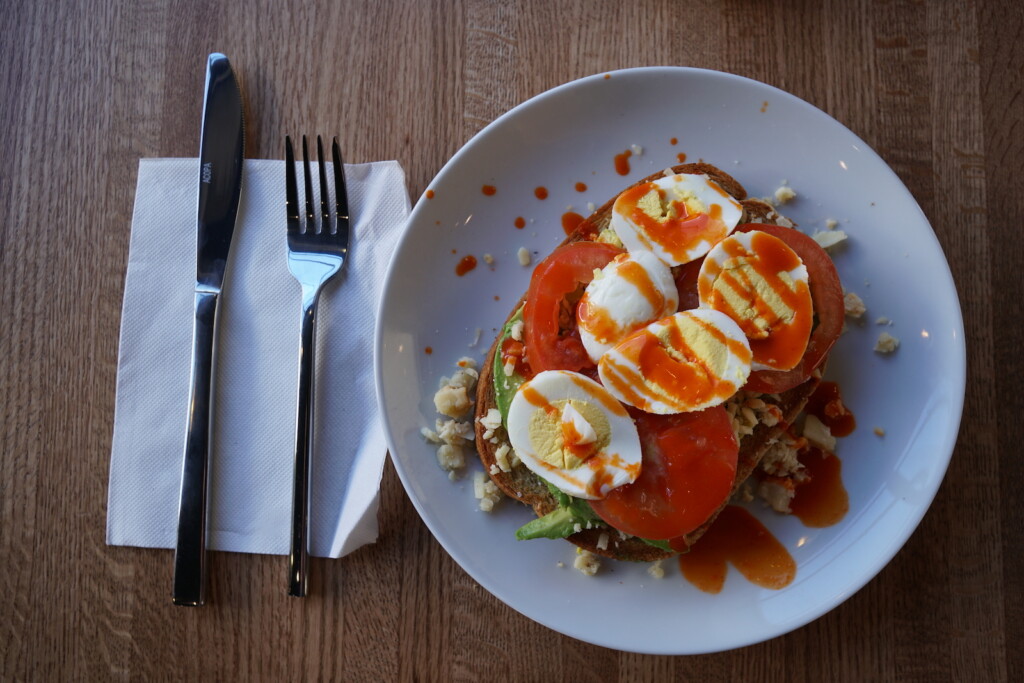Survival in the Wild West once depended on tight-knit communities of skilled people willing to work hard. The value of their currency was in their word and their skills. We set out to central Utah to speak to a mountain man and a cowboy who still live by these values.
Wayne County, Utah— there are no major employers or industries. Here there are very few “good jobs” or even careers. People manage to get by with less. Miles from big freeways, there are no big towns. Towns reveal their smallness by their weird names: Bicknell, Loa, Lyman and Koosharem. Developers don’t invest in Wayne County. Instead, people seem to happily accept their lives of hard work, making much less money than city folk. So, why do people choose to live here?
“Because this is the greatest place on earth. These are the best people you will find anywhere.” James Barney explains succinctly. After a tour of duty in Afghanistan and Iraq, James has moved back home to Koosharem to raise his family in the very small town in which he grew up.
He found a bargain on a foreclosed home, and he has fixed it up for himself and his wife and three children. His twin brother, Tim, is working in California doing excavation trying to save enough to move back. And, his younger brother, Wayde, gets by with his wife, both taking whatever jobs come their way.
James’ father is Koosharem’s famous mountain man: Robert Barney. Barney raised James and his brothers without electricity and running water for about ten years. They lived in the mountains around Asay Creek. “I broke my boys by living in the mountains. We would catch fish. We lived right by a stream. By the time my boy was four-years-old, he would catch a mess of fish for his dinner.” Robert and his young boys learned how to live well, so when they had the opportunity to return to Koosharem he didn’t see any need to change things up.
Robert converted a pioneer grist mill into their cabin. The beams and trusses are old fir trees. Their water needs were satisfied using a barrel under the overflow of the town tank. “I had a fireplace with a 55-gallon drum on it. And when we would get home we would build a fire. Before supper, we would take baths. Then we would sit here in bed by the kerosene lamp and take turns reading a story,” says Barney.
Barney looks like he would be comfortable hanging out with Jim Bridger or Jedediah Smith. He uses his axe to chop a big log into kindling like an accomplished chef chops potatoes for a stew.
I first met Robert Barney four years ago. I found him a fascinating character so I wrote about him. Not knowing if he would ever read my story or if I would ever see him again, I assumed he was a recluse. But rolling into Koosharem to see if we might find him again, I found he is actually quite famous and social. And everyone knew about the story we wrote on him years ago.
Meeting Barney and touring his cabin resembles traveling through a time machine into a trapper’s cabin. “Do you wanna taste some bear ham?” In just seconds he has his cast iron skillet heated up. He pulls out a thick slice, and fries up each side a golden red-brown color. It’s slightly gamey and salty, but tender and satisfying. Barney sends us home with his beef jerky and elk sausage. I had not expected Barney to be a mountain game culinary genius. He also generously shares his food with folks in town both by giving his meat away to the needy and hosting huge cookouts using his massive fire pit and 22 Dutch ovens in which he usually cooks mutton.
Barney and his boys sustain themselves by hunting during the summer. But what do they do during the winter? Their favorite winter pastime is building an elaborate shed on the ice, spending all day ice fishing and pulling up huge fish. “You can’t believe the size of the fish you catch because you are right in the middle of the lake.” Barney has built a storage shed on his property specifically for their ice fishing implements and giant sled. Fishing and hunting, and the benefits of living in an area with such abundant game allow Barney to share the meat he processes with his neighbors. This is just his way of giving back to the community, which he says has given him so much.
“When I first came up here they accepted me right into their arms, even though they didn’t know me or remember me. And they were all good with the kids. The mercantile is kind of a hang-out. My mother’s cousin owned it at the time, and everybody gets all their information from there. But stopping in there, and everybody is really helpful. Every time one of your kids starts to do something that might be a little bit wrong you will get a phone call from somebody. ‘Your kids are up here, doing this or that.’ So the whole community helps raise all of the kids.”
While Robert has electricity now, it required an interesting argument which he describes.
“We lived here for four or five years without power. Then the church came, and the bishopric came and asked me, says, ‘Would you use power if you had it?’ I says, ‘we don’t need power, we get along fine without it’. And he says, ‘Would you use it if you had it?’ And I says ‘that’s one thing I don’t have to worry about because I don’t have it. So I don’t have to worry about using it.”
“But he says, ‘That’s not the point!’ He says, ‘if you had it, would you use it?’ And I says, ‘I reckon I would be pretty stupid not to.’” So, Barney has added power, running water and even an indoor toilet. We ask Barney’s son Wayde if he didn’t mind growing up without electricity. “It’s great! Power just ruins your life.”
Robert Barney has been employed at the Sorenson School for 17 years, and has slowly modernized his cabin. He now has a satellite TV, indoor toilet and electricity. But he still spends his free time chopping wood.
“Now when I get my permits for wood, the new lady says to me, ‘You must be a glutton for punishment.’ I said, ‘that ain’t punishment, that’s recreation. My fun time!’”
